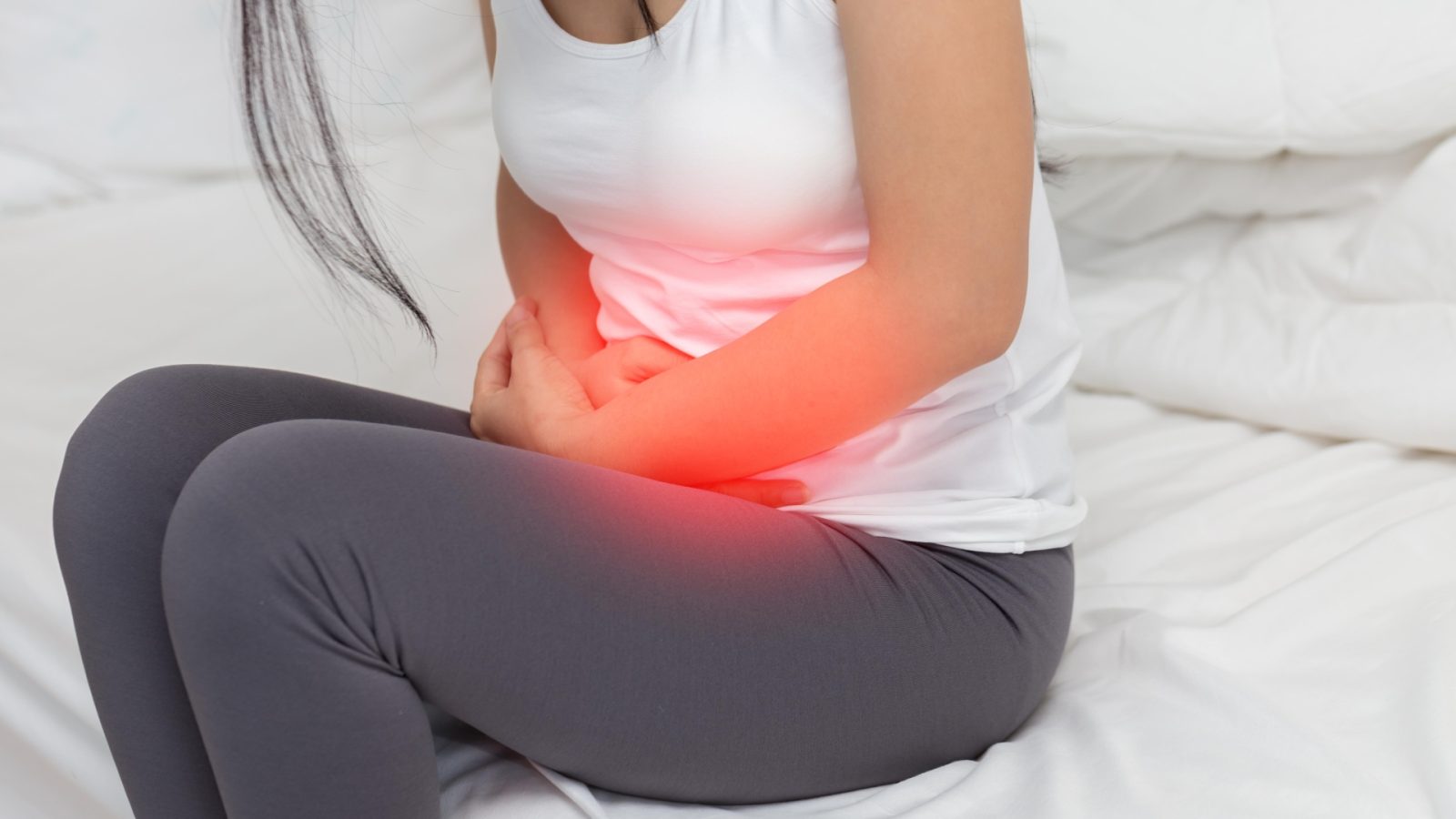Polycystic ovary syndrome is a hormonal condition typical among women of reproductive age. It is a disorder in which the ovaries build an abnormal quantity of androgens, male sex hormones generally seen in women in small amounts. Polycystic ovary syndrome defines the multiple small cysts developing in the ovaries. The exact PCOS causes are unrecognized, but it is believed to originate from an imbalance of reproductive hormones, which can cause problems in the ovaries, such as eggs not forming rightly or not being released during ovulation. Here are the signs and symptoms of PCOS you should know:
Weight gain:
About half of the women with PCOS fight with weight gain or have problems losing weight. PCOS can cause you to gain a lot of weight. And being fat can make PCOS symptoms more profound. Freeing even just a few pounds may enhance the timing of your periods. Losing weight can be a beneficial method to maintain your cholesterol and blood sugar levels in check, which are crucial if you have PCOS.
Irregular periods:
Having few menstrual periods or periods that are not normal are common indications of PCOS. So is having periods that endure for many days or are more prolonged than usual. And those periods may appear more than 35 days, and you may have a problem getting pregnant.
Excess hair growth and Acne:
Excess facial hair and severe hair growth on the chest, arms, and abdomen. It impacts up to 70% or 75% of women with PCOS. PCOS can cause acne, particularly on the chest, back, and face. This acne may persist past the teenage years and be challenging to treat.
Darkening of the skin:
Patches of dark skin, particularly in the folds of your armpits, groin (between the legs), neck, and under the breasts. It is one of the PCOS signs and symptoms known as acanthosis nigricans.
Difficulty in sleeping or feeling exhausted all the time:
You could have a problem falling sleeping or dowsing. Or you might have a condition known as sleep apnea. It suggests that even when you rest, you do not feel well-rested after awakening.
Headaches and Heavy periods:
The surging hormones that induce PCOS can give you headaches, too. PCOS can yield big swings in the menstrual cycle, including severe bleeding and regular periods.
Polycystic ovaries:
Although some individuals may form cysts on their ovaries, many do not. Your ovaries might be widened and have follicles that envelop the eggs. As a consequence, the ovaries might fail to perform daily.
Fertility problems:
PCOS is one of the most typical reasons for female infertility. Many women find they have PCOS when they have a problem getting pregnant. During each menstrual cycle, the ovaries discharge an egg into the uterus. This method is called ovulation and usually ensues once a month. But women with PCOS do not ovulate or ovulate rarely, so they discover it challenging to get pregnant.
Final words:
PCOS signs and symptoms may start shortly after puberty but can also materialize during the later teen years and early adulthood. Notice your healthcare provider if you are anxious about your periods, have the danger of getting pregnant, or if you have symptoms of excess androgen and cure it.







